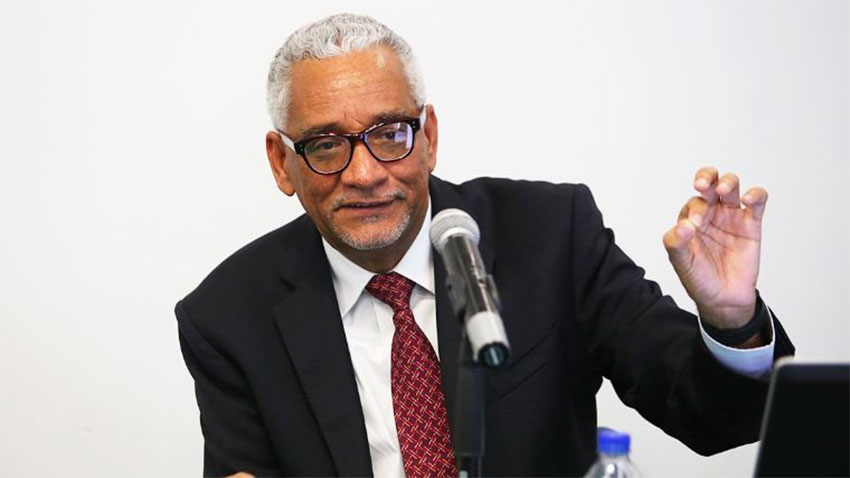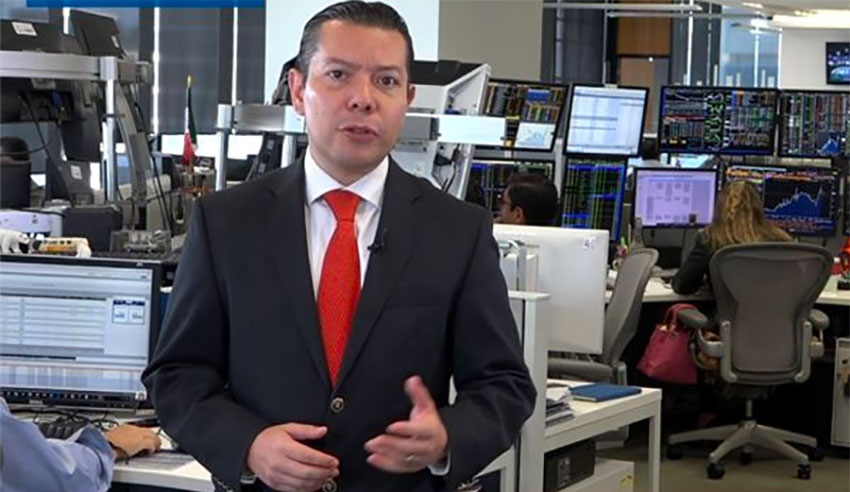A decline in global oil prices places additional pressures on the already ailing finances of Pemex, Mexico’s heavily indebted state oil company, and could affect its credit rating, according to three analysts.
International crude prices fell sharply on Monday after Saudi Arabia, the world’s second largest oil producer after the United States, launched a price war with Russia. The Middle East kingdom slashed its prices and set plans to ramp up production from April after Russia refused to make a further large cut to its output to stabilize markets amid declining demand for oil due to the spread of the novel coronavirus known as Covid-19.
The price of Mexican crude plunged 31.6% as a result, the newspaper El Financiero reported, noting that it has now lost 56.5% of its value this year. The Mexican peso also fell on Monday on the back of the price war news, dropping to more than 22 to the United States dollar early Monday before recovering to just over 21.
Raúl Feliz, an economist at Mexico City research university CIDE, told the news agency Reuters that the price war spells bad news for Pemex, which suffered one of its worst-ever losses last year and still has debt in excess of US $100 billion despite government efforts to reduce it.
“The fact that the oil market outlook has deteriorated due to this war is negative for Pemex, no question,” he said. “And this could increase talk of a ratings downgrade.”

Fitch Ratings downgraded the state-run company’s bonds to junk status in the middle of last year, and all three leading ratings agencies – Fitch, Moody’s and Standard & Poor’s – have a negative outlook on Pemex’s creditworthiness, meaning that there is a significant risk of further cuts.
Lower global oil prices will mean less revenue for Pemex, which will impact on its already “very vulnerable finances,” said Carlos González Tabares, director of analysis and stock market strategy at the Monex financial group. The decline in income could affect Pemex’s rating and Mexico’s sovereign rating, he said.
Gabriela Siller, head of economic analysis at financial group Banco Base, agreed that the crude price war increases the possibility that Pemex and the nation will see a downgrade to their credit ratings.
While the three analysts agreed that lower oil prices will hurt Pemex, Feliz noted that an annual hedging program used by both the state oil company, and the federal government more broadly, as insurance against price changes will help to lessen the impact of the slump.
Pemex CEO Octavio Romero said in January that the company had already contracted a “small portion” of its 2020 hedge but didn’t reveal the price it had locked in or the number of barrels of oil to which it would apply. The government said in January that the Finance Ministry (SHCP) had locked in a $49 per barrel price for oil worth a total of $1.37 billion.
Feliz told Reuters that the Pemex hedge will directly cushion the blow of the price slump, while the SHCP hedge could generate revenue that can be invested in the state oil company.

However, if the Saudi-Russian price war continues for an extended period, the financial strain on Pemex will likely increase despite the efforts to protect it.
The CIDE academic said that the ratings agencies will look closely at how Pemex’s debt compares with the proven crude reserves it holds, adding that the state oil company’s current investment levels “are not sufficient to stabilize production and simultaneously keep up proven reserves.”
With regard to Mexico’s ability to cope with a broader economic crisis precipitated by the global spread of Covid-19 – markets around the world slumped on Monday – President López Obrador reiterated on Tuesday that the nation’s public finances are healthy, adding that the government has a fund to respond to any complications that might eventuate.
“In the face of crises in the markets … we are resisting,” he told reporters at his morning news conference.
“I told you yesterday that we have healthy public finances because we managed to protect ourselves. No more was spent than we have in income; we didn’t put the country into debt.”
Source: Reuters (en), El Financiero (sp), El Economista (sp)